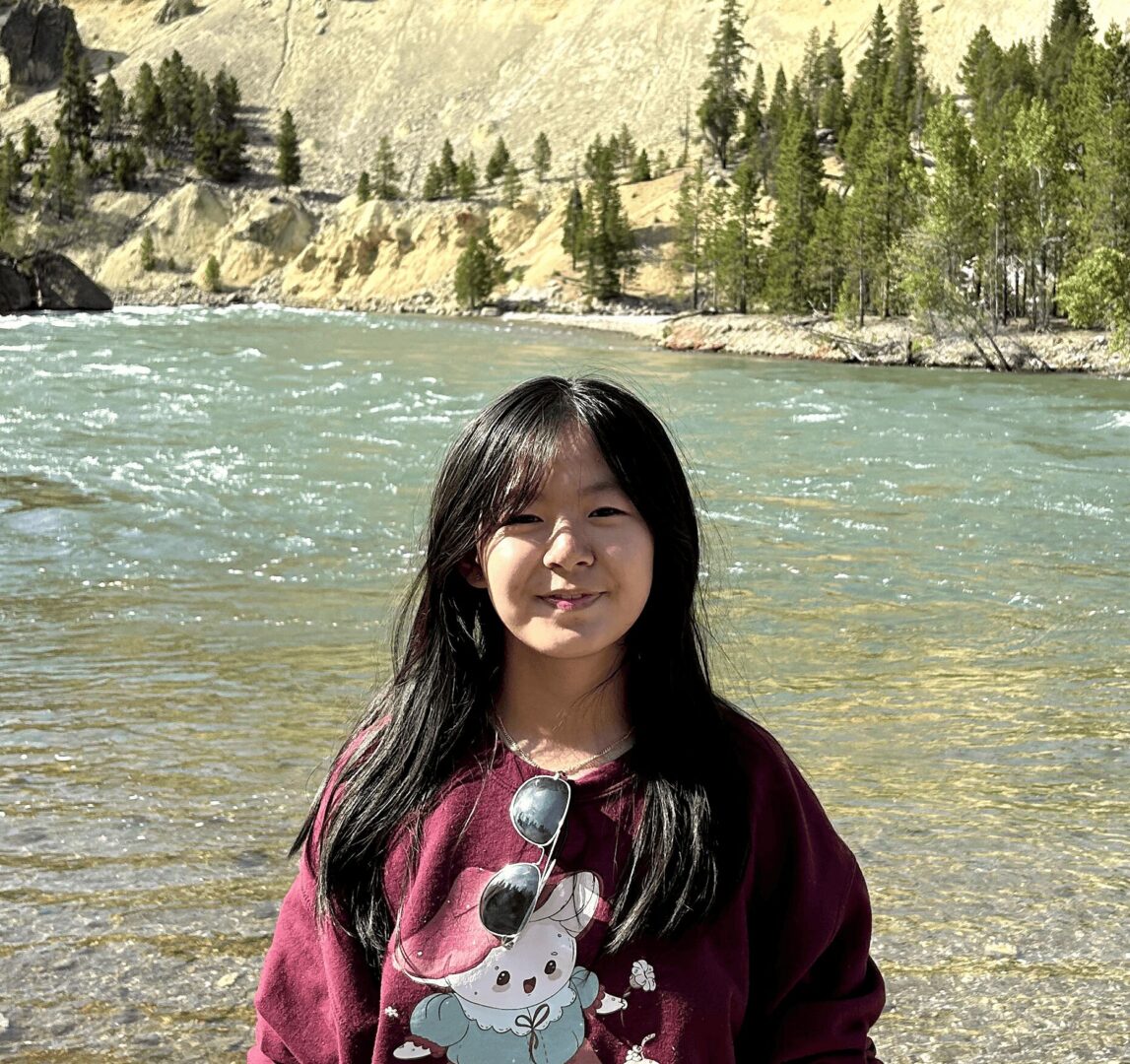We were lucky to catch up with Claire Xiao recently and have shared our conversation below.
Hi Claire, thank you for being such a positive, uplifting person. We’ve noticed that so many of the successful folks we’ve had the good fortune of connecting with have high levels of optimism and so we’d love to hear about your optimism and where you think it comes from.
Considering my habitual worrying and overthinking, I would have never expected to learn optimism from a regular hospital shift. While volunteering at my local hospital, I met a boy around my age. From first impression, he was genuine and caring — chatting about daily news with the elderly and pouring coffee with a smile. It wasn’t until a few weeks into our time volunteering together that I learned of his humble childhood. At only ten years of age, he had lost his single mother to breast cancer. With only his immigrant grandparents left as his guardians, he spent most of his time caring for them and managing the family finances. Learning about his story, I couldn’t help but wonder about the juxtaposition between our lives. While I frequently stressed about upcoming exams and activities, he had already struggled through life and death, being a caretaker, losing his home. At that moment, my problems seemed so microscopic. Emotionally touched, I asked him, “What keeps you so positive all the time?” And I will never forget his response: “I made a promise that I would work hard for us and never give up…I came to volunteer as a tribute to my mom, and I want to save others so that no family has to go through the same thing.” With only one conversation, one human interaction, my perspective had shifted. Like my fellow volunteer, I made a promise to myself: that I would always practice gratitude and compassion because you never know the real struggles someone may be facing underneath a kind smile and warm heart. From that day onwards, I made a consistent effort to greet every patient with warm energy, getting to know each one by name and story. I now know that optimism boils down to two truths: life can be brutally unfair yet still amazingly beautiful. Just like my volunteer friend, with optimism, I can find the good in the bad, let go of the things I can’t control, and keep searching for my “why”.
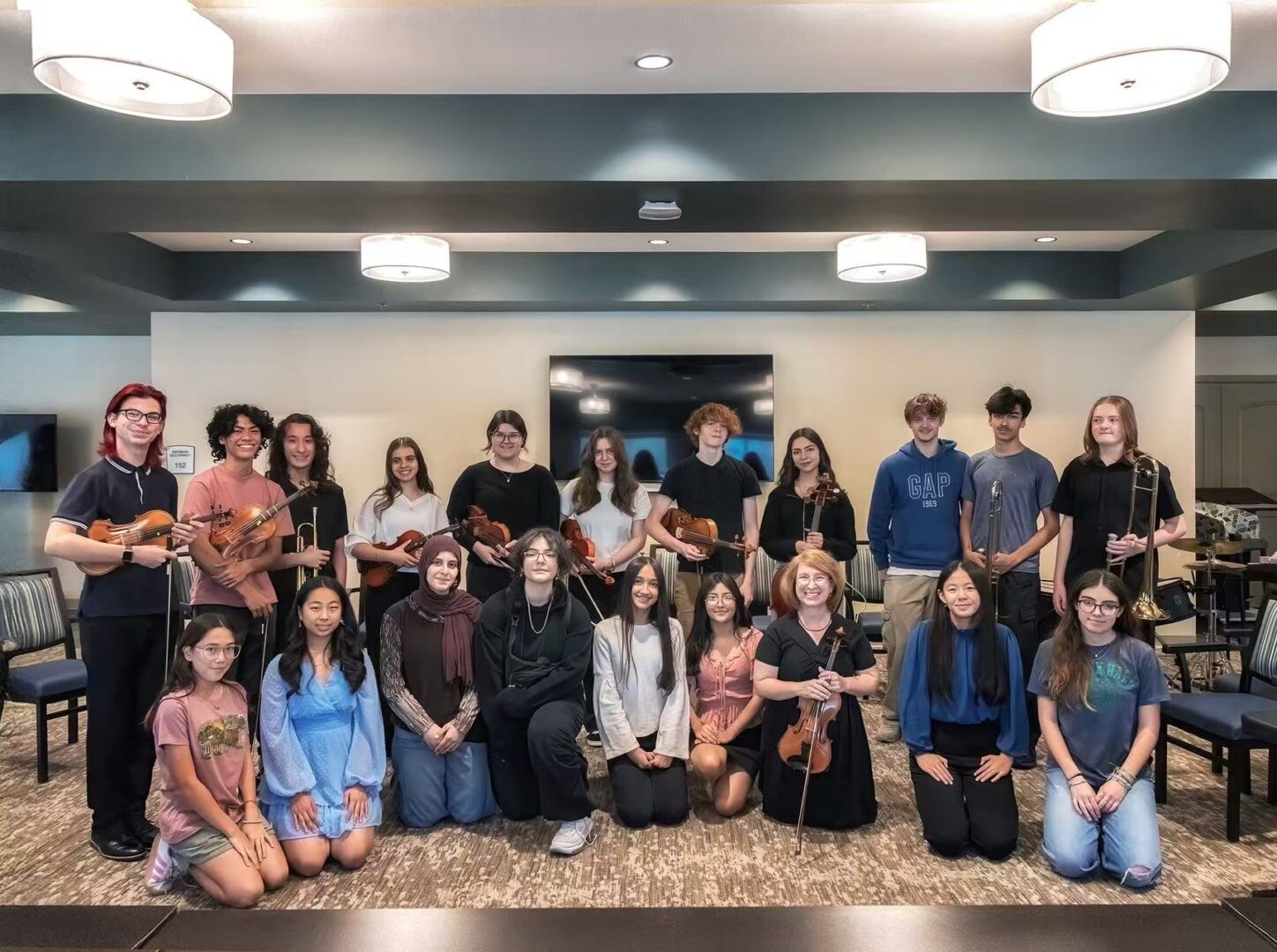
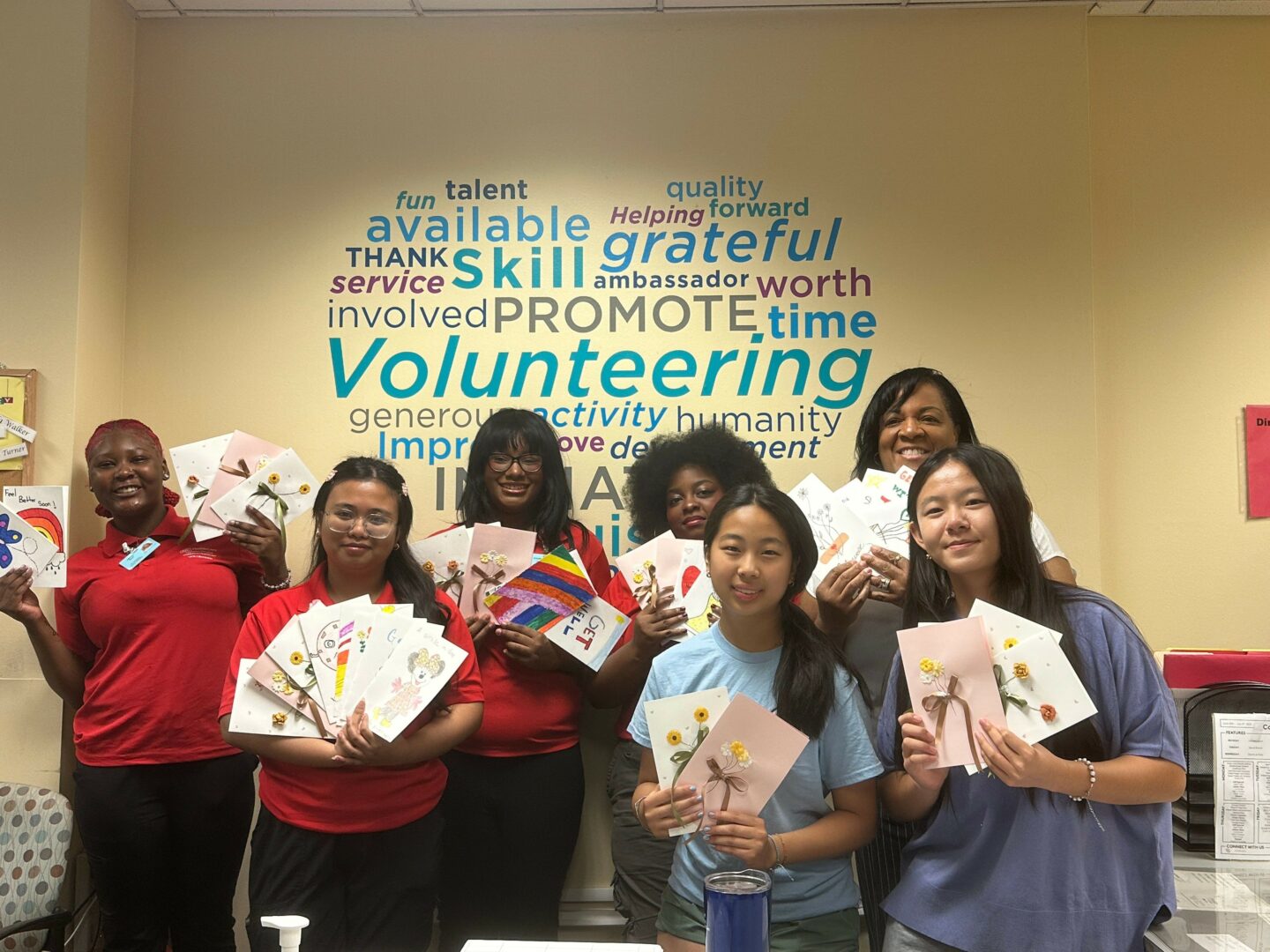
Appreciate the insights and wisdom. Before we dig deeper and ask you about the skills that matter and more, maybe you can tell our readers about yourself?
I founded the 501(c)(3) youth-led nonprofit Courage Canvas with the intent to spread our mission of “healing beyond medicine”. Our programs combine health awareness, artistic expression, and communication to sustain programs such as our Delivering Hope Program, Music Therapy Program, Tornado Relief Program, Art for Health Program, Speak up for Health Summer Camp, and more. Courage Canvas means the world to me — we’ve reached thousands of individuals through social media, and the nonprofit has expanded to host 10 chapters, crossing 8 US states and 3 countries as far as Nigeria and China.
In truth, the first few months getting started were incredibly difficult — I spent countless nights learning how to handle nonprofit documentation, growing a large team, hosting new programs, and overseeing all departments. But through this experience, I’ve found an immense joy in connecting with patients and youth — seeing their faces light up with joy after receiving our handmade cards, receiving books, or upon learning a new lesson assures me that my efforts are meaningful. From fundraising events to direct patient interaction, our goal is to bring joy to others one step at a time.
We have lots of events and programs in store. As we’re partnering with more and more organizations, ranging from local to international, we plan to host worldwide initiatives. Stay tuned for our “Compassion in Conversation” workshop series hosted in collaboration with TeenSpeak Academy in Nigeria! Our volunteers will teach live classes to teens and young adults about using their voice to create change in health and their greater communities. We also have many other fun activities and collaborations in store, as we partner with other student-led nonprofits to bring supplies and custom artwork to hospital and hospice patients. Meanwhile, our chapter directors are coming up with their own initiatives, such as the health awareness through art campaign that the Texas branch is planning!
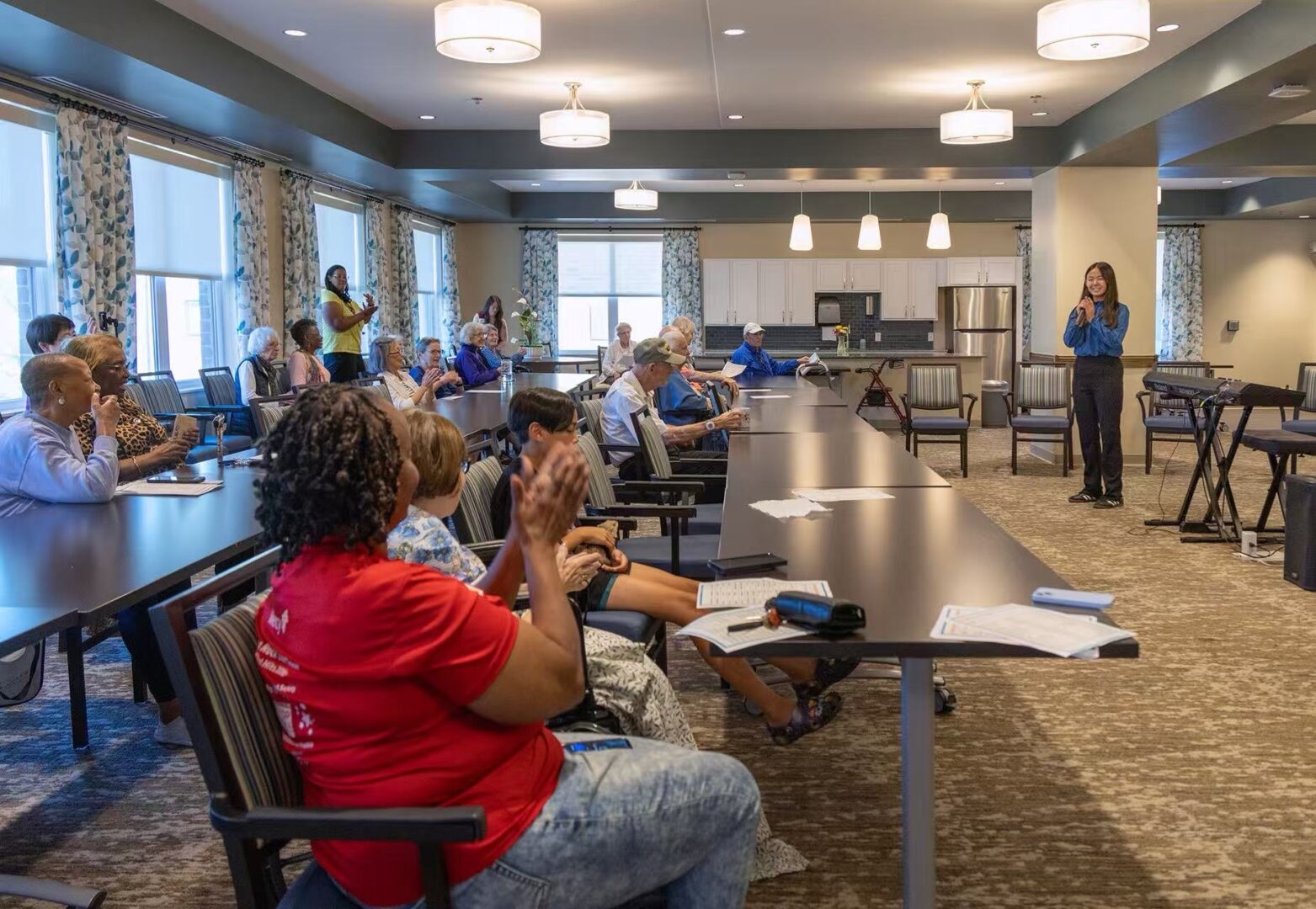
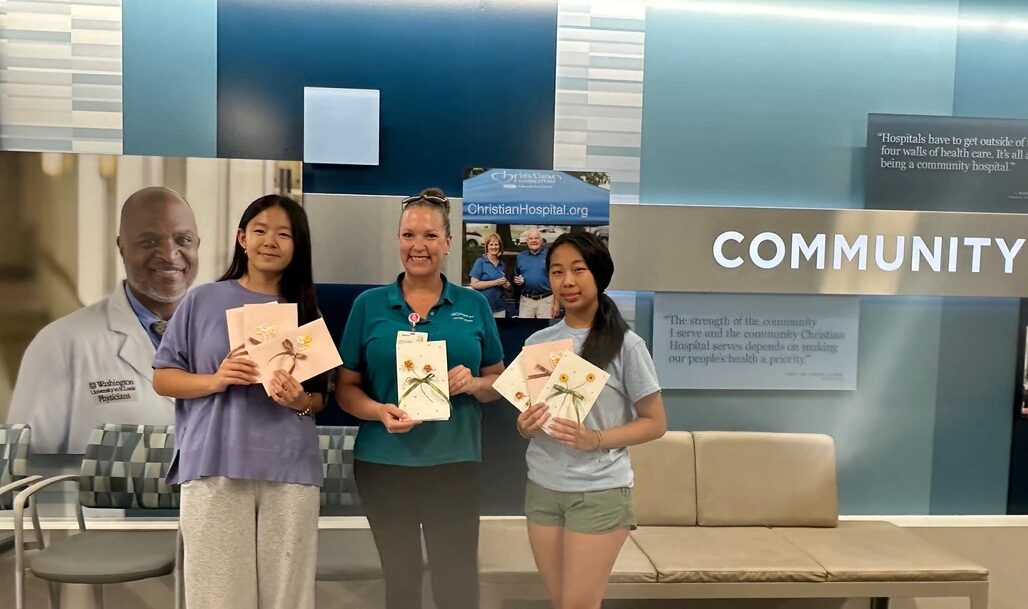
There is so much advice out there about all the different skills and qualities folks need to develop in order to succeed in today’s highly competitive environment and often it can feel overwhelming. So, if we had to break it down to just the three that matter most, which three skills or qualities would you focus on?
One of the most valuable lessons I’ve learned in the face of failures is that negative emotions are inevitable, but the key is how we react and adapt. My happiness today might be replaced with sadness or anxiety tomorrow, or vice versa. In order to improve, I now understand that I shouldn’t reject negative emotions, but rather, I should learn to embrace them and understand the why for whatever I’m feeling. For instance, if I’m feeling down, I don’t try to repress my emotions — instead, I take a step back from my problems and try to fix what is actually holding me back, whether it’s as simple as worrying about an exam during my tennis match or something deeper like struggling with a sense of purpose. Also, another mindset shift I find very valuable is the belief that thoughts, more than experiences, determine our feelings. The thoughts we repeat to ourselves on a daily basis may just be thoughts, but they can spiral into a negative reality if we’re not self-aware. That is also why I believe that the biggest battles we face are with ourselves rather than external factors. And lastly, pursue purpose over passion. Purpose is our long-term why, while passion in the moment can only get us so far. I always aim to serve a greater cause, and throughout the journey I build resilience.
If you’re early in your journey, my biggest piece of advice would be to embrace discomfort — it was through discomfort that I discovered things I loved, people who are now my closest friends, and experiences that shaped me into who I am. Being uncomfortable pushes you to become the best version of yourself and reach your full potential.
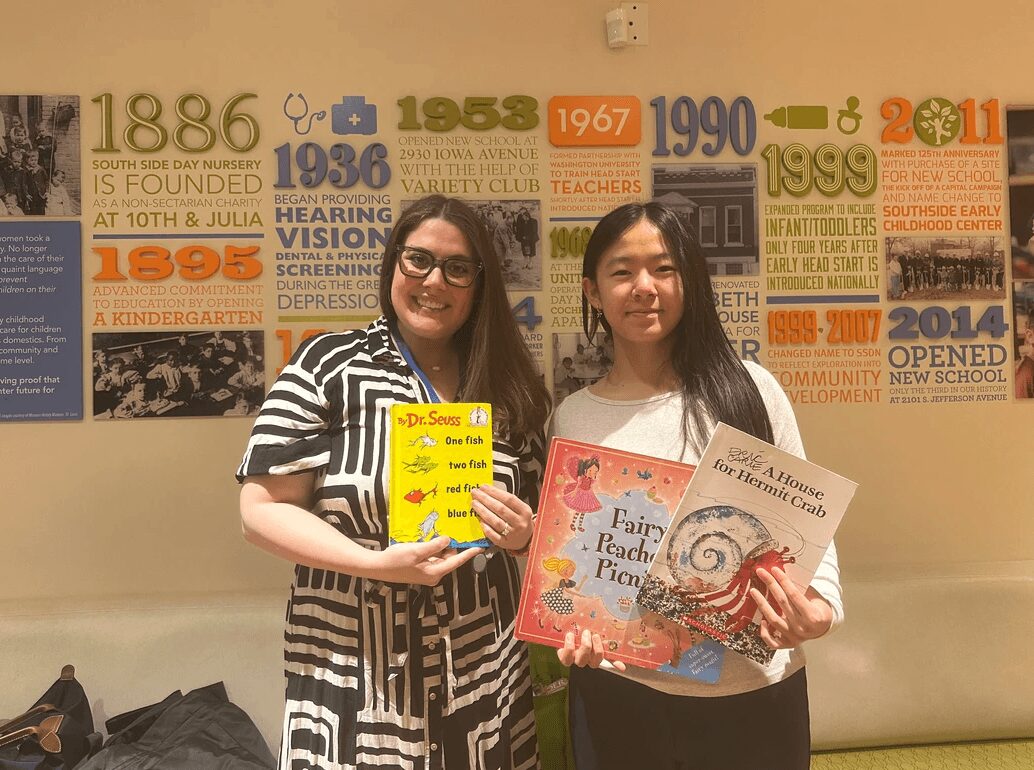
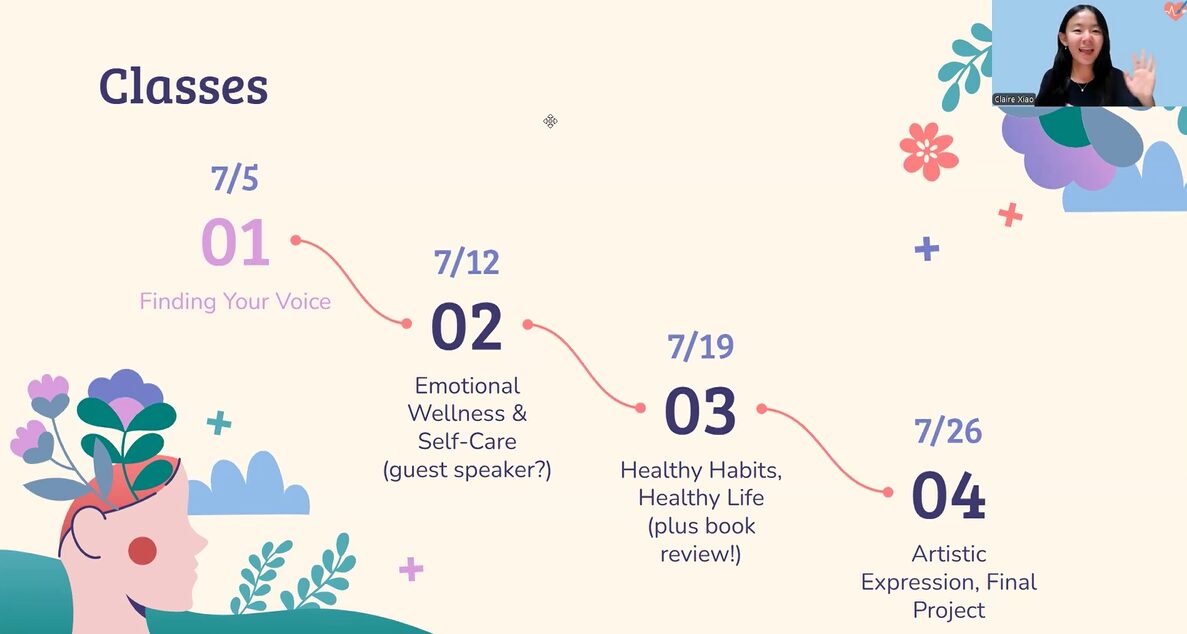
What’s been one of your main areas of growth this year?
My biggest area of growth in the past year was learning to not obsess over the smaller things to the point that I miss the bigger picture. Too often in the past, I found myself overthinking and worrying about the small details, when in reality, more meaningful change could have been created by seeing the grand scheme of things. A successful student doesn’t obsess over one failed test; they focus on fixing their habits and studying smart. A great doctor won’t bring themselves down over one disrespectful patient; they acknowledge it’s part of the job and focus on the meaningful interactions they have with other patients. Although the small things always try to distract or pull you back, it only becomes detrimental when you succumb to it.
Contact Info:
- Website: https://couragecanvas.org
- Instagram: @couragecanvasorg
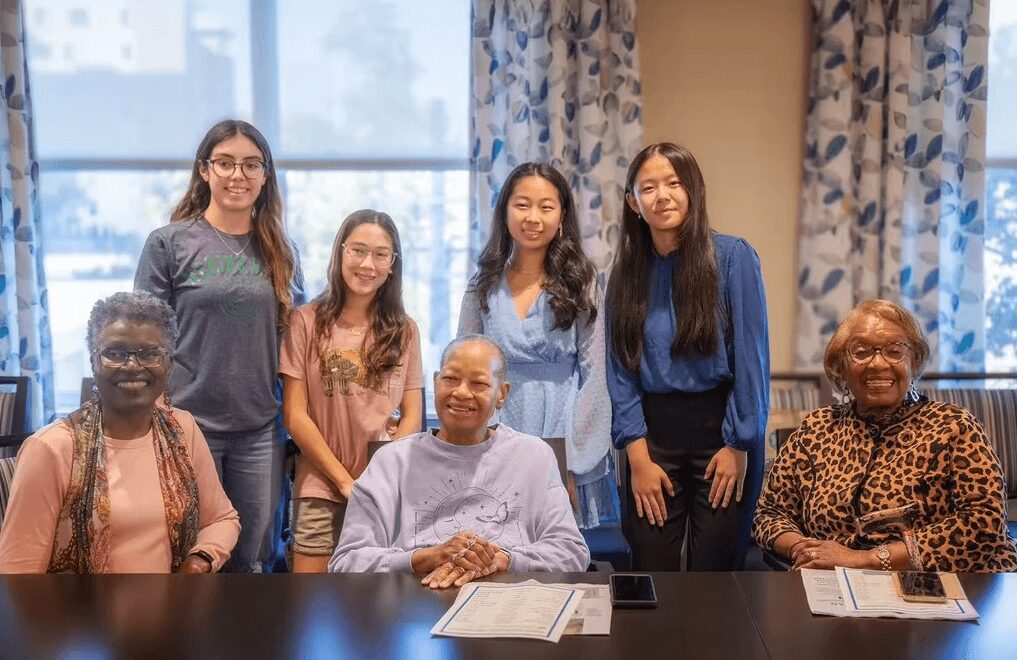
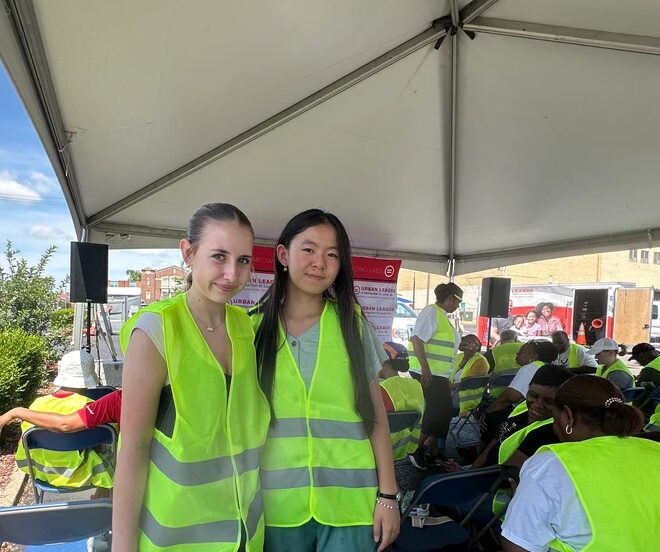
so if you or someone you know deserves recognition please let us know here.

